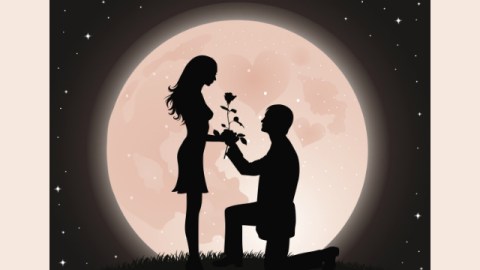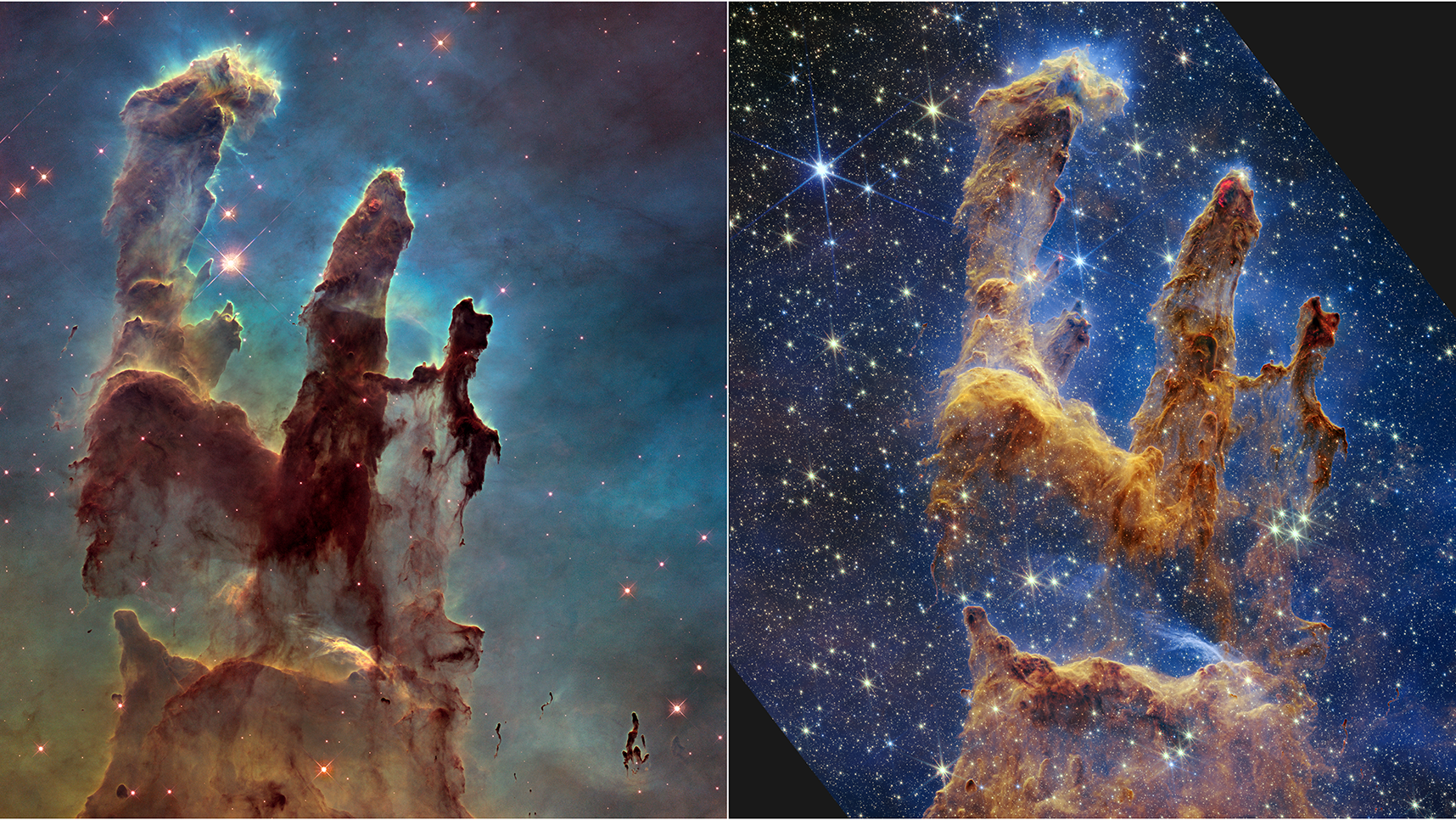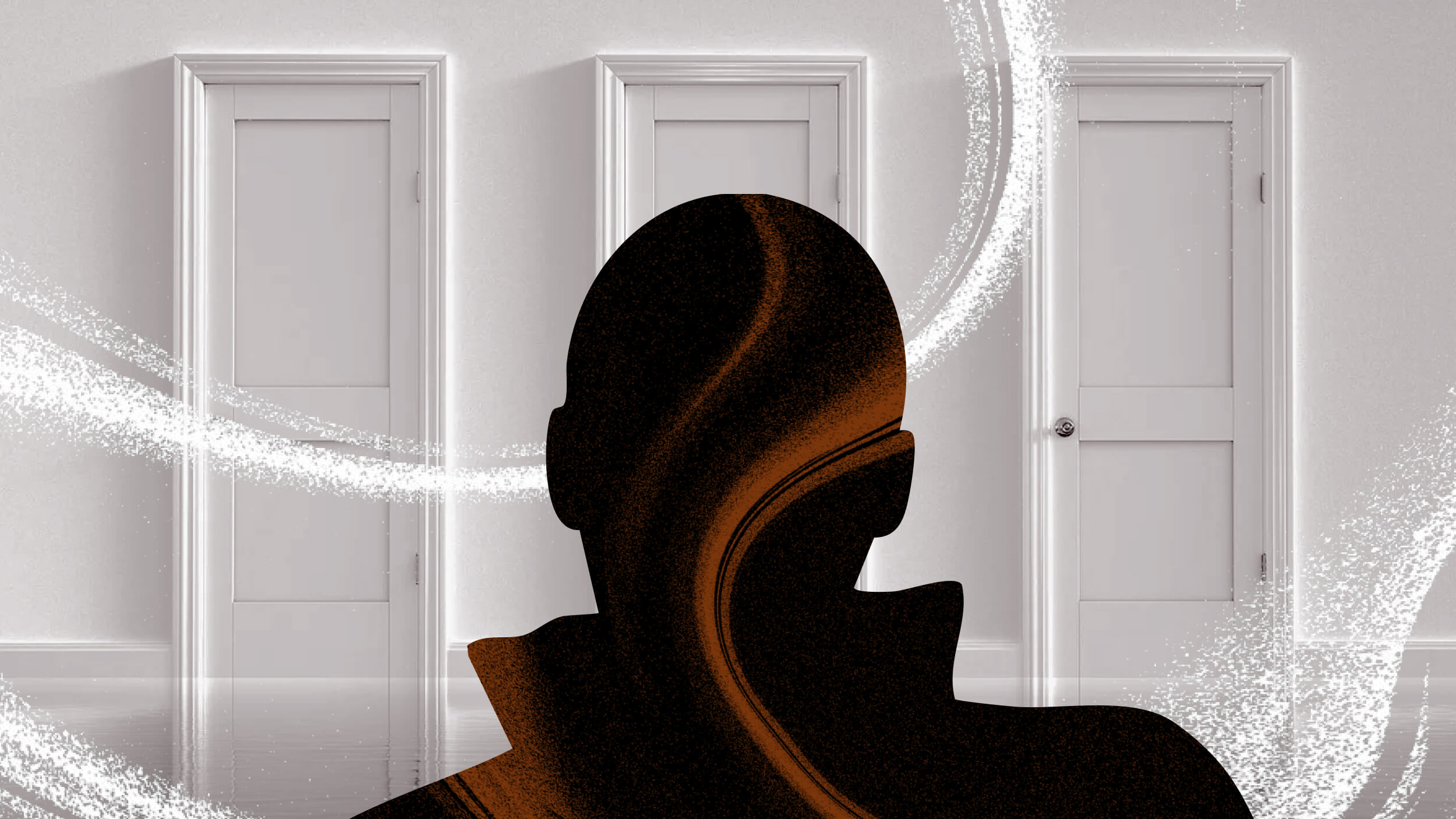Piercing the Romantic Illusion

Like many people, I had my most powerful experience of romantic love during my adolescence. I was sixteen years old, and living in Rome at the time. I met a young Italian woman two years my senior and soon fell head over heels into the overwhelming ecstasy and unbearable longing of the romantic experience in all its glory. It was early June, and after only a few weeks together we went off to Greece where we spent ten days sleeping under the stars on a beach in Crete. After that, we met again in London, where my parents were living. We simply couldn’t bear to be apart! I had never felt that way about anyone and like most young lovers was under the erroneous impression that no one else could possibly understand the intoxicating intimacy we were sharing. Alas, I had to return to America to begin college and she needed to stay in Rome to continue her own studies. Being apart was torturous and the joy of our reunions over the next year strengthened my conviction that we were meant to be together for eternity. On an emotional level, I had never been more sure of anything in my life. And yet, as so often happens, it proved too difficult for our passionate love to triumph over practical realities. I was devastated. I was so convinced of the eternal nature of our bond that six years later I returned to see her and within minutes we fell madly in love all over again! But in spite of this and even a plan to wed, ultimately it didn’t work out and we ended up going our separate ways.
That was thirty years ago. Since then, I’ve become a spiritual teacher, and have been married for the past twenty-five years. My Italian love and I have met several times over the years, when I have travelled to teach in Rome or Paris or Florence. What has been interesting to me about these encounters is that while the affection and empathy were instantly present, the powerful intensity of our prior intimacy was nowhere to be found. In fact, we were now like distant relatives or old friends who have become strangers—strangers who long ago shared one of the most powerful experiences a human being can have. Where had it all gone? If romantic ecstasy is what it appears to be, why does it, in almost every case, turn out to be transient, impermanent, and ephemeral?
When I was twenty-eight years old, I went on a spiritual pilgrimage to India, seeking for enlightenment. Because I was meditating intensely every day, I was acutely aware of the fluctuations of my own inner experience. On my travels, I went to the hill town of Darjeeling to visit a Tibetan Lama. Shortly after arriving, I went for a walk to see what this famous mini-metropolis on the side of a mountain was like. As I was wandering through the dusty streets, my gaze soon fell upon the face of a ravishingly beautiful young Indian woman and I fell in love with her instantly. As a matter of fact, I was so in love with her that I couldn’t take my eyes off her. Helplessly captivated by her feminine allure, I was convinced that I needed to introduce myself, ask her what her name was, and get to know her. As ridiculous as this sounds, it seemed in those moments of extreme attraction that my life and future depended on it.
After following her at a distance for a few blocks, the most amazing thing happened. I suddenly saw yet another ravishingly beautiful woman, but this time she was even more outrageously compelling than the woman I’d been in love with only moments before. The cadence of her gait, the perfection of her figure were so entrancing that now I really knew without doubt that she was the woman of my dreams. I also followed her for a few blocks, desperately thinking of how I could catch her attention—how I would start a conversation with this mysterious Goddess from Darjeeling. But then, as quickly as she appeared, she disappeared down a narrow lane. Devastated, I was again alone with my own mind and emotions. I stood still for a few seconds and then burst out laughing. The absurdity of this drama was not lost on my developing meditative awareness. What in God’s name was going on here? I really had been completely compelled by the first Goddess. But then when I saw the second, the first one disappeared almost completely from my attention and with it the conviction that we had to be together. Now it had shifted to another. How could I have become so madly and completely infatuated with two different women in a period of ten or fifteen minutes? It soon became obvious to me that what I was experiencing with such intensity had more to do with my own romantic and sexual compulsion, fueled my own youthful imagination, and less to do with the objects of my affection, as genuinely attractive as they may have been. What was making me laugh was how utterly convinced I had been of the truth of what I had been experiencing only a few moments before. I really had been convinced . . . until I wasn’t anymore.
Sound familiar? I call this drama “the promise of perfection.” This is the powerful and at-times-overwhelming illusion that perfect happiness, perfect contentment, perfect fulfillment, and perfect completion lie somewhere beyond the boundaries of our own selves—more often than not, in the arms of the perfect other. It’s a promise that is perpetuated constantly by the culture all around us. And evolutionary biologists tell us that we have been chemically wired to have these kinds of experiences in order to ensure the propagation of our species. I know that the ecstasy of romantic love is an important and positive life experience for many, as it was for me. But I wonder, is it possible for any of us to know what love truly is, unless we are finally able to see through this powerful illusion?
I feel like one of the luckiest people in the world, because I did eventually find what I was looking for: a glimpse of true spiritual happiness, contentment, fulfillment, and completion beyond the small world of the psychological and biological self. This has helped me enormously (though it’s not always easy!) to see through some of the compelling illusions that repeatedly and often painfully ensnare our hearts and minds, for years, decades, and even lifetimes. To be honest, I think that many thoughtful, sensitive people are mature enough to have pierced the romantic illusion and seen through its promise of perfection for themselves. The question is, are we spiritually mature enough yet to accept the implications of what we have already seen?
Andrew Cohen is the author of EVOLUTIONARY ENLIGHTENMENT: A New Path to Spiritual Awakening





